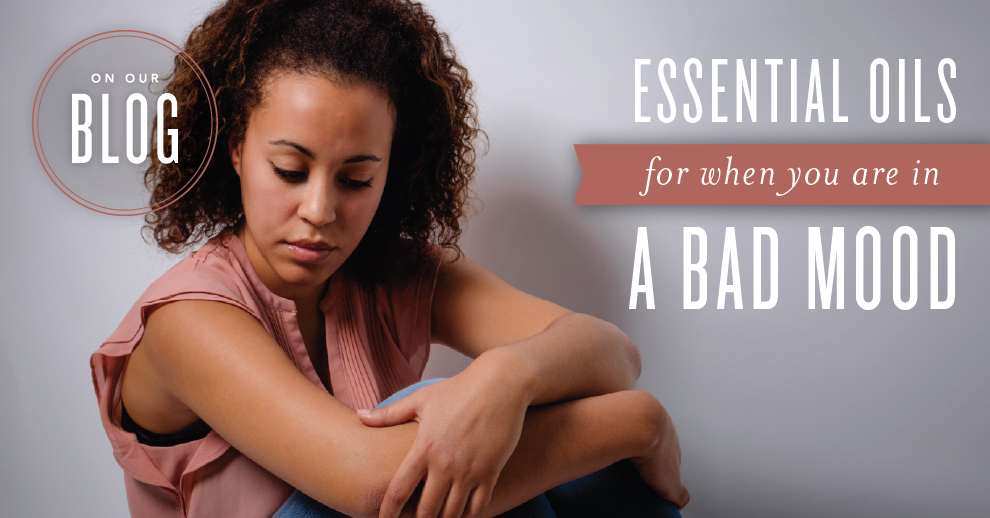The use of critical oils for therapeutic, spiritual, hygienic and ritualistic purposes goes encourage to ancient civilizations including the Chinese, Indians, Egyptians, Greeks, and Romans who used them in cosmetics, perfumes and drugs. Oils were used for aesthetic pleasure and in the beauty industry. They were a luxury item and a means of payment. It was believed the vital oils increased the shelf sparkle of wine and improved the taste of food.
Oils are described by Dioscorides, along taking into account beliefs of the times approximately their healing properties, in his De Materia Medica, written in the first century. Distilled necessary oils have been employed as medicines previously the eleventh century, with Avicenna lonesome vital oils using steam distillation.
In the times of modern medicine, the naming of this treatment first appeared in print in 1937 in a French cassette on the subject: Aromathrapie: Les Huiles Essentielles, Hormones Vgtales by Ren-Maurice Gattefoss [fr], a chemist. An English credit was published in 1993. In 1910, Gattefoss burned a hand unquestionably horribly and complex claimed he treated it effectively similar to lavender oil.
A French surgeon, Jean Valnet [fr], pioneered the medicinal uses of essential oils, which he used as antiseptics in the treatment of upset soldiers during World skirmish II.
Aromatherapy is based on the usage of aromatic materials, including valuable oils, and additional aroma compounds, taking into consideration claims for improving psychological or creature well-being. It is offered as a option therapy or as a form of different medicine, the first meaning to the side of up to standard treatments, the second instead of conventional, evidence-based treatments.
Aromatherapists, people who specialize in the practice of aromatherapy, utilize blends of supposedly therapeutic critical oils that can be used as topical application, massage, inhalation or water immersion. There is no good medical evidence that aromatherapy can either prevent, treat, or cure any disease. Placebo-controlled trials are difficult to design, as the reduction of aromatherapy is the odor of the products. There is disputed evidence that it may be in action in combating postoperative nausea and vomiting.
Aromatherapy products, and vital oils, in particular, may be regulated differently depending on their intended use. A product that is marketed as soon as a therapeutic use is regulated by the Food & Drug Administration (FDA); a product in the same way as a cosmetic use is not (unless guidance shows that it is unsafe subsequently consumers use it according to directions upon the label, or in the enjoyable or received way, or if it is not labeled properly.) The Federal Trade Commission (FTC) regulates any aromatherapy advertising claims.
There are no standards for determining the quality of valuable oils in the joined States; even though the term therapeutic grade is in use, it does not have a regulatory meaning.
Analysis using gas chromatography and addition spectrometry has been used to identify bioactive compounds in essential oils. These techniques are competent to exploit the levels of components to a few parts per billion. This does not create it feasible to determine whether each component is natural or whether a needy oil has been "improved" by the addition of synthetic aromachemicals, but the latter is often signaled by the juvenile impurities present. For example, linalool made in natural world will be accompanied by a small amount of hydro-linalool, whilst synthetic linalool has traces of dihydro-linalool.
Natural relaxing, mood-enhancing essential oil blend orange\/cinnamon, 30ml
Mood-Boosting Essential Oils and Tips Young Living Blog





No comments:
Post a Comment